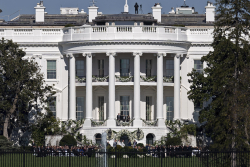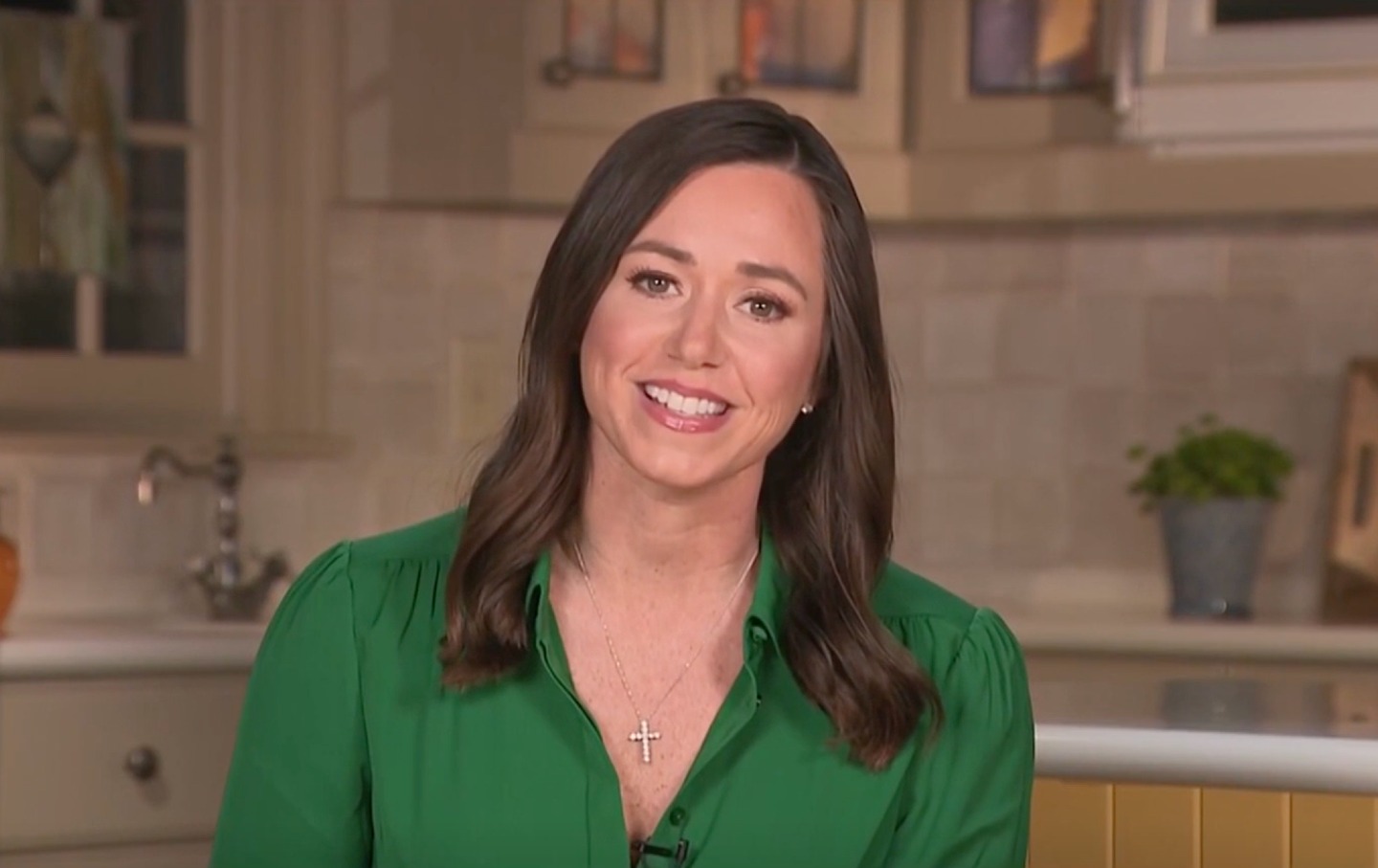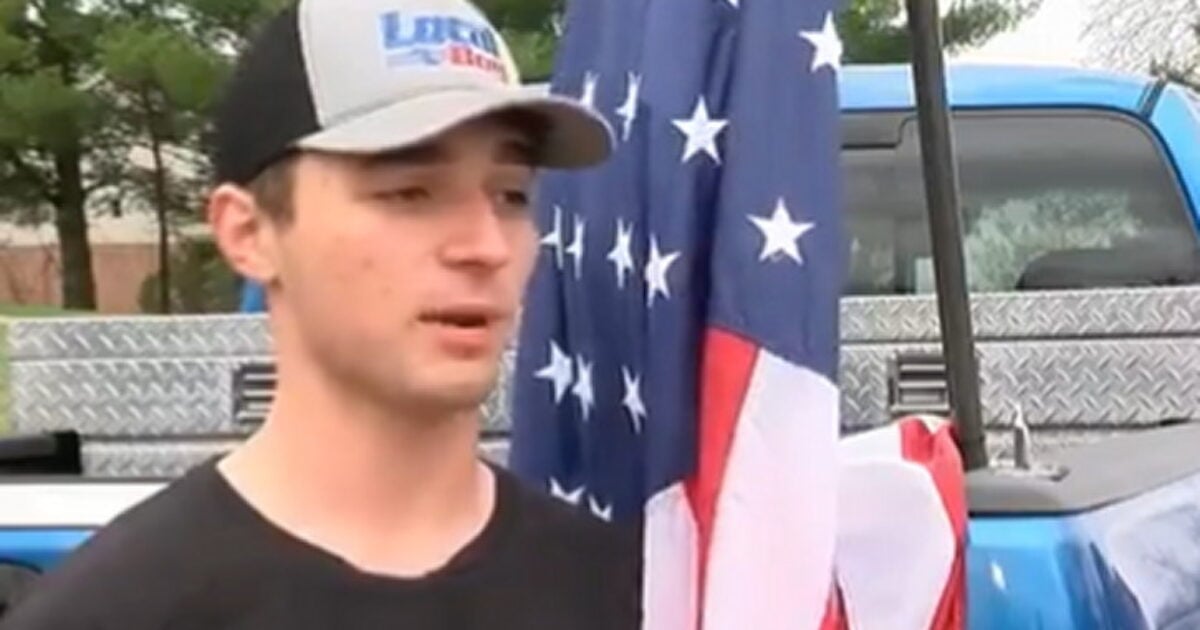[ad_1]
Special counsel Robert Hur testified before a House committee on Biden’s handling of classified documents.
ROB SCHMITZ, HOST:
For more than four hours today, former special counsel Robert Hur testified before congressional lawmakers. Hur defended his investigation into President Biden’s handling of classified information and his decision not to pursue criminal charges. He also pushed back against criticism of his characterization of Biden’s age and memory. NPR justice correspondent Ryan Lucas and NPR’s senior White House correspondent Tamara Keith are with us now to discuss.
Ryan, let’s start with you. This was the first time Hur has spoken publicly since his final report on the investigation that was released last month. What did he say?
RYAN LUCAS, BYLINE: Right. Well, Hur’s report set off a bit of a political firestorm – not because he declined to bring charges against Biden, but instead because of his characterization of the president as a – and I quote here – “a sympathetic, well-meaning, elderly man with a poor memory.”
SCHMITZ: Right.
LUCAS: In his opening statement, Hur tackled that head-on. He said he knew that any decision he made would come under intense scrutiny since he was investigating a sitting president. And so he said he had to explain in detail his thought process – his analysis as to why, in this instance, he decided charges were unwarranted. He said he had to do so so that his decision would be credible. And so he said that’s what he did. He defended his choice of words about President Biden’s memory. He said it was necessary and accurate and fair. Here’s a bit of what he said.
(SOUNDBITE OF ARCHIVED RECORDING)
ROBERT HUR: Most importantly, what I wrote is what I believe the evidence shows and what I expect jurors would perceive and believe. I did not sanitize my explanation, nor did I disparage the president unfairly.
SCHMITZ: Now I want to turn to you, Tam. Hur interviewed Biden for more than five hours for his investigation, and you’ve now reviewed the transcript of those conversations. There are 258 pages. Please tell me you didn’t read all of that.
TAMARA KEITH, BYLINE: Oh, I did.
SCHMITZ: How does Hur’s – did you read that?
KEITH: Yes.
SCHMITZ: Good for you. How does Hur’s description of Biden’s memory in this report compare to what you read?
KEITH: Well, it’s more complicated, more nuanced than that very quoted line portraying Biden as a nice old man who struggles to remember things. The interviews over two days jumped around a lot, and there certainly were moments where Biden’s timelines blurred. The most notable one was where Biden was asked about how he stored documents after he left office and what he was working on. One of those things was a book about his son, Beau, who had died from brain cancer in 2015. Biden clearly cited the date of his son’s death, May 30, though his team prompted him on the year. But there were a lot of other examples of him recalling details of stories from decades past, some quite humorous moments, too. And a lot of the I don’t recalls concerned really mundane details about things like hanging file folders.
SCHMITZ: Hmm. You know, it’s standard practice for a special counsel to testify before Congress after their final report is made public. But it’s an election year. And today, lawmakers on both sides of the aisle were clearly looking to use Hur to score political points. So Ryan, how did that play out?
LUCAS: Right. Republicans questioned Hur’s decision not to recommend charges against Biden, even though Hur said he found evidence that Biden willfully retained and disclosed classified information. Darrell Issa, a California Republican, tried to kind of tease that out in his questioning of Hur.
(SOUNDBITE OF ARCHIVED RECORDING)
DARRELL ISSA: You did not reach an idea that he had committed no wrong. You reached a conclusion that you would not prevail at trial and therefore did not take it forward. Is that correct?
HUR: Correct, Congressman.
LUCAS: You know, Hur explained that the evidence wasn’t strong enough to prove Biden’s guilt beyond a reasonable doubt, but he said clearly that he did not exonerate Biden. GOP lawmakers also spent a lot of time, as we expected, talking about Hur’s description of Biden’s memory, his mental fitness. Democrats did, too, but they attacked it from the other side. California Congressman Adam Schiff, who is himself a former federal prosecutor, said Hur’s decision to include that language about Biden’s memory was gratuitous, and he accused Hur of including it in his report for political reasons. Here’s how Hur responded.
(SOUNDBITE OF ARCHIVED RECORDING)
HUR: Congressman, what you are suggesting is that I shape, sanitize, omit portions of my reasoning and explanation to the attorney general for political reasons. And…
ADAM SCHIFF: No, I suggest that you not shape your report for political reasons, which is what you did.
JIM JORDAN: Time is the witness’s in response.
HUR: That did not happen, Congressman. That did not happen.
SCHMITZ: Wow. Well, Ryan, handling of classified documents has become a political issue for both parties. Former President Trump was also being investigated for his handling of documents. But unlike Biden, Trump is facing criminal charges. Can you explain how these cases are different?
LUCAS: Well, yes. Both involve classified documents. In Biden’s case, the materials were found at his Delaware home and some offices. In Trump’s case, the materials were stored at his Mar-a-Lago estate. So on the surface, they’re similar, but there are significant distinctions between the two. Hur, who is a Republican – and he also, I must say, served in the Trump Justice Department – he even pointed out the distinctions in his report.
Trump, in his case, was given multiple chances to return the classified materials at Mar-a-Lago. He allegedly refused to do so, and he’s charged with actively trying to obstruct the investigation and efforts to get them back, trying to get others to destroy evidence and then lie to investigators about it.
Biden, on the other hand, voluntarily turned over documents once they were discovered. He voluntarily allowed the FBI to search his homes. He voluntarily sat down for an interview with Hur. So really, there are distinctions between these two.
SCHMITZ: Tam, we’ll end with you. What are the political implications of today’s hearing?
KEITH: Well, this was another day of focus on whether President Biden is too old for office, which is something that voters, including Democrats, tell us that they’re worried about. But Democrats on the committee also used this hearing to draw attention to glitches and lapses that Trump has had. They played video supercuts of moments from his speeches, interviews and depositions. You know, Washington was riveted today on this hearing. I think it is too soon to say whether voters are going to see much from it or what messages they might take away, but it is highly likely that this discussion of fitness for office, both for Trump and Biden, is going to be part of the soundtrack of this very long campaign.
SCHMITZ: That’s NPR’s Tamara Keith and Ryan Lucas. Thanks so much.
KEITH: You’re welcome.
LUCAS: Thank you.
Copyright © 2024 NPR. All rights reserved. Visit our website terms of use and permissions pages at www.npr.org for further information.
NPR transcripts are created on a rush deadline by an NPR contractor. This text may not be in its final form and may be updated or revised in the future. Accuracy and availability may vary. The authoritative record of NPR’s programming is the audio record.
[ad_2]
#Special #counsel #Hur #testifies #Biden #documents #investigation #NPR



